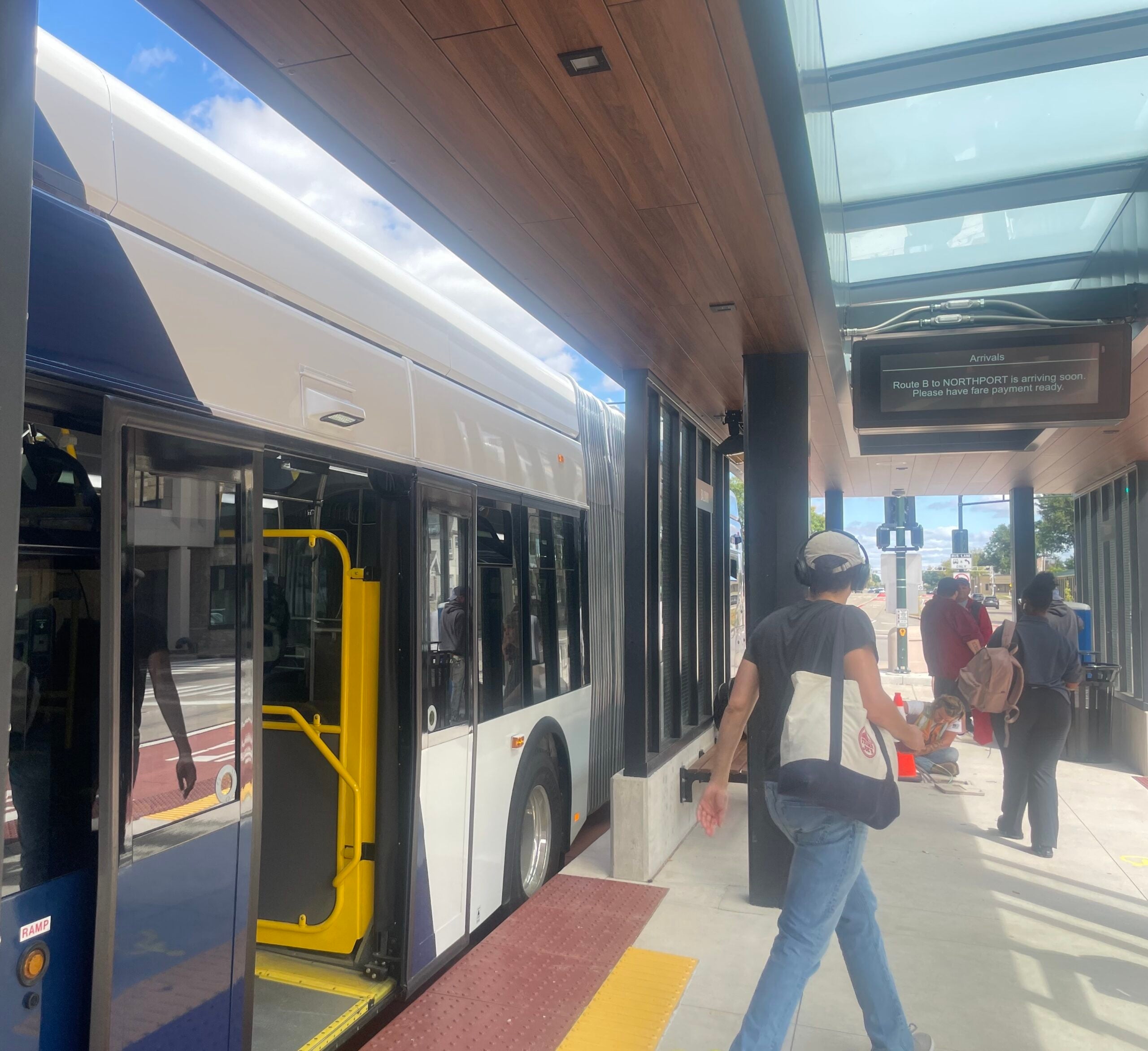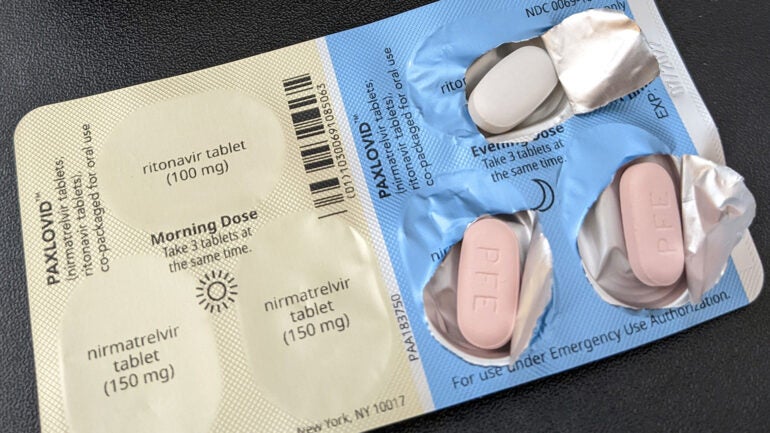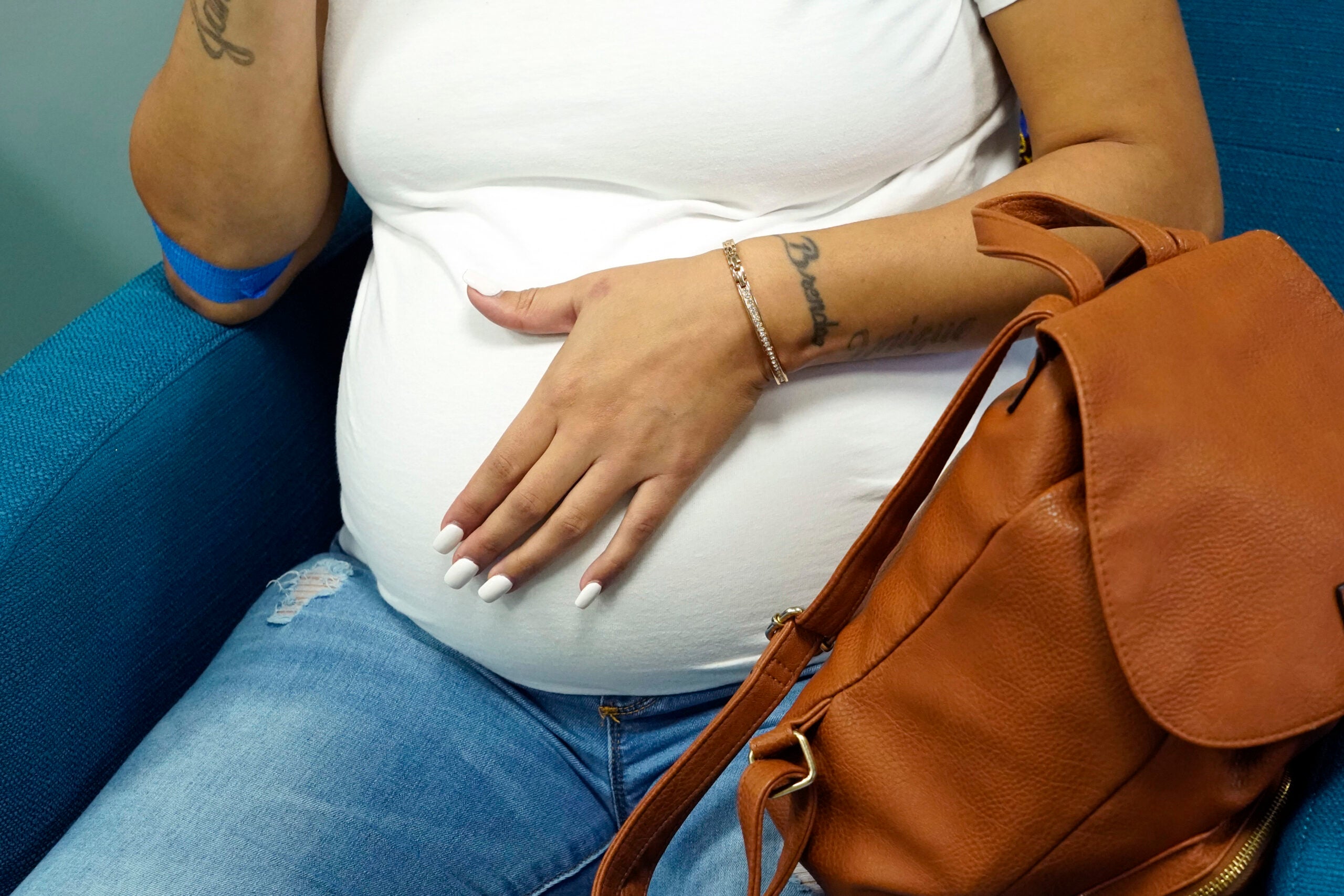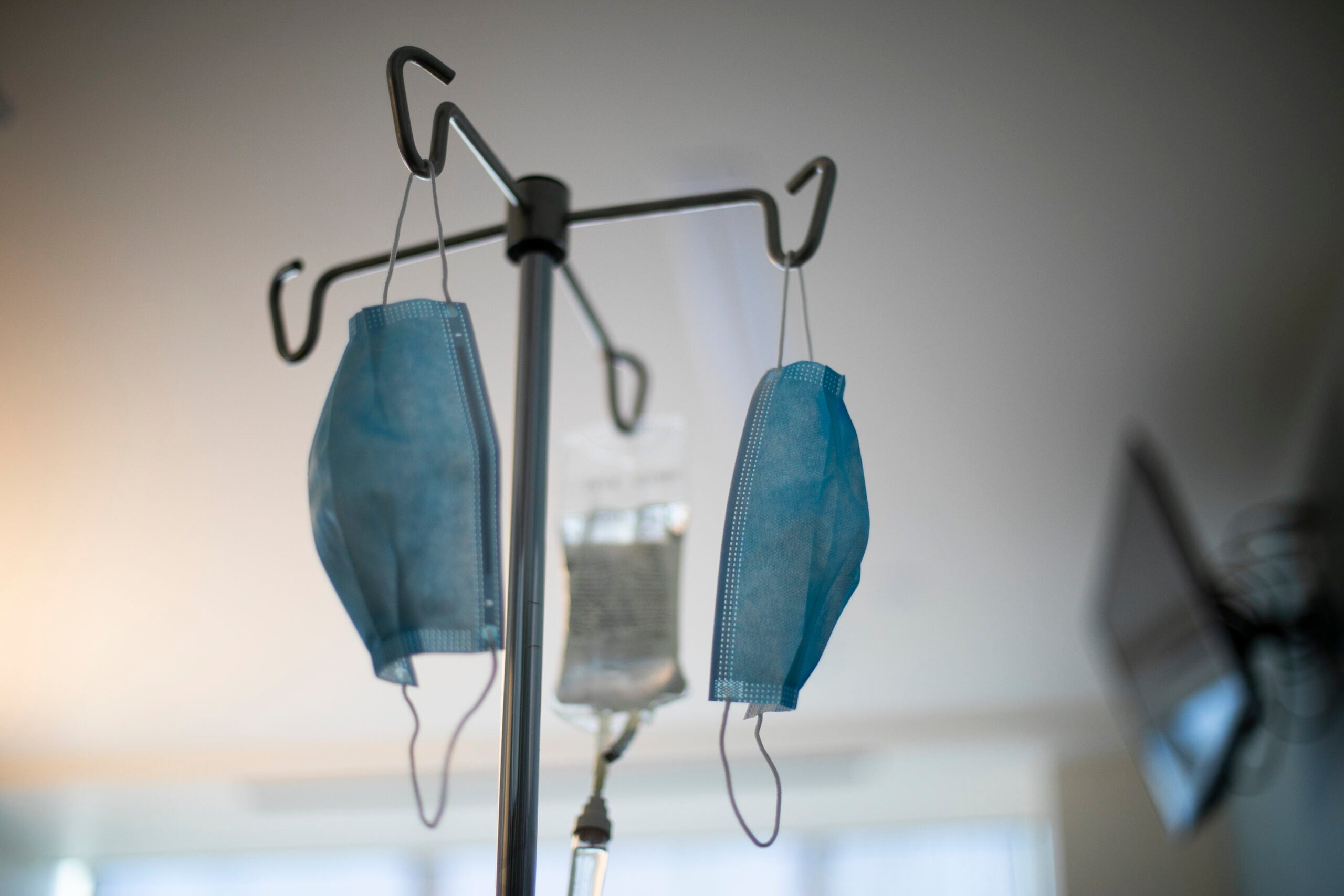A panel of medical and ethical experts in Wisconsin is recommending grocery workers be prioritized for the coronavirus vaccine along with bus drivers, teachers, inmates and correctional staff.
The group making suggestions to the State Disaster Medical Advisory Committee (SDMAC) did not specifically consider older adults in its meeting Wednesday morning.
A day earlier, the Wisconsin Department of Health Services (DHS) announced those age 65 and older will be eligible for shots beginning Monday. DHS previously bumped up firefighters and police, and some have already been immunized.
Stay informed on the latest news
Sign up for WPR’s email newsletter.
The preliminary decision to include grocery workers in the next round, phase 1b, of vaccinations marks a shift from initial discussions and comes after a deluge of public comment. There were roughly 5,000 comments in all, some from groups the panel concluded should wait.
Veterinarians and drivers for ride-sharing services like Lyft and Uber would be included in the third phase of vaccinations, group 1c. That phase also includes people with chronic health conditions.
Ed Belongia, an epidemiologist with Marshfield Clinic Research Institute who is on the SDMAC vaccine subcommittee, said he’s concerned people with conditions that make them at high-risk of dying from COVID-19 aren’t in the earlier phases of vaccination.
“It troubles me that some of the people at high risk of dying from COVID-19 are not included (in 1b),” Belongia said. “For me that’s a very important consideration. We’re protecting lots of essential workers, and they deserve to be protected. But we’re not protecting people with cancer, heart disease with kidney disease, etc.”
Wednesday’s panel recommendations will be considered Thursday by SDMAC. DHS makes the final decision on who gets shots and when because of limited vaccine supply.
Many parts of the state are still in the process of vaccinating people in phase 1a, which includes frontline health care workers and staff and residents in nursing homes and assisted living facilities.
Phase 1a and the recommendations for phase 1b make up 45 percent of the state’s adult population. Currently, the state does not have enough vaccine to inoculate that many people.
Wisconsin Public Radio, © Copyright 2025, Board of Regents of the University of Wisconsin System and Wisconsin Educational Communications Board.





